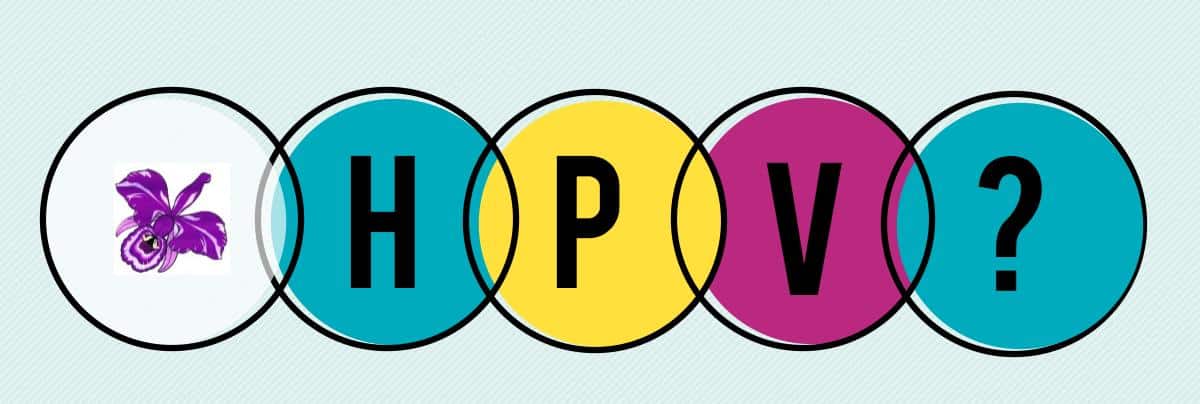There are too many articles circulating on the Internet with biased views about Gardasil, the vaccine that prevents the human papillomavirus (HPV), causing a lot of fear and confusion about its safety.
It is irresponsible to spread messages that are not supported by proven facts. First, we must rectify that, contrary to what Mme. Rail said on Radio-Canada in 2015, HPV does cause cervical cancer; a discovery that earned Harald Zur Hausen a Nobel Prize. HPV types (16, 18) can cause several cancers, and cause nearly 100% of cervical cancer cases. Secondly, the article “Appel urgent à un moratoire sur la vaccination contre le VPH” that first appeared in Le Devoir in October 2015, and that is currently resurfacing on some people’s social media, causes unnecessary fear among Quebecers, because there is no scientific basis behind this article’s messages. HPV Awareness’s President Teresa Norris asks: “There is no scientific report that exists to support what was written! Where are they getting their data? ”
“If there were any cluster of severe side effects arising from the use of Gardasil, we would have known it by now. The vaccine adverse events registration at the FDA has logged thousands of reported side effects; but none have been linked to Gardasil, other than the pain and swelling that comes afterward. These minor symptoms are temporary, and can occur with almost any vaccine” said Dr. Steben, Medical Director of the Clinique A and President of the Canadian Network for the Prevention of HPV. He adds, “In the 183 million doses administered worldwide, we see no serious adverse effects.” Adding, “Primary prevention through vaccination is always better and cheaper than secondary prevention through screening for cervical cancer and treatment of genital warts and HPV-related cancers.”
The article misrepresents and completely distorts the vaccine adverse event reporting system (VAERS), that is a collection of events that do not require evidence to be reported and it does not demonstrate causality. To suggest otherwise is false. The article also cites that Merck lists death as a possible side effect. This is false. It rather refers to a section of their monograph where it is specified that these events are consistent with those projected in the healthy adolescent/adult populations.
The Global Advisory Committee on Vaccine Safety (GACVS) reviewed data on the safety of HPV vaccines and the post-authorization monitoring data from Australia, the US, and Japan. In 2014, it was concluded that vaccines still showed an excellent safety profile.
An article that analyzed seven studies on the vaccine against HPV, involving more than 44,000 women who received the vaccine in real-time (placebo groups included), demonstrated that there were no deaths among participants and no statistically significant difference in serious adverse effects reported by girls receiving the vaccine and those receiving the placebo.
The research of Dr. Zeev Rosberger, leading researcher in clinical health psychology, currently focuses on decision-making relating to the prevention of HPV. He says, “Most fears related to the HPV vaccine are more related to myth than reality.” Furthermore, “It will be essential to focus on the education of health care providers regarding indications for HPV vaccination, and enhancing approaches to communicating more effectively with parents and patients about the safety and benefits of vaccination, as well as the risks associated with non-vaccination.”
For more information, see
www.hpvglobalaction.ca
Written by: Marc Steben, Teresa Norris, and Amelie McFadyen- HPV Awareness

